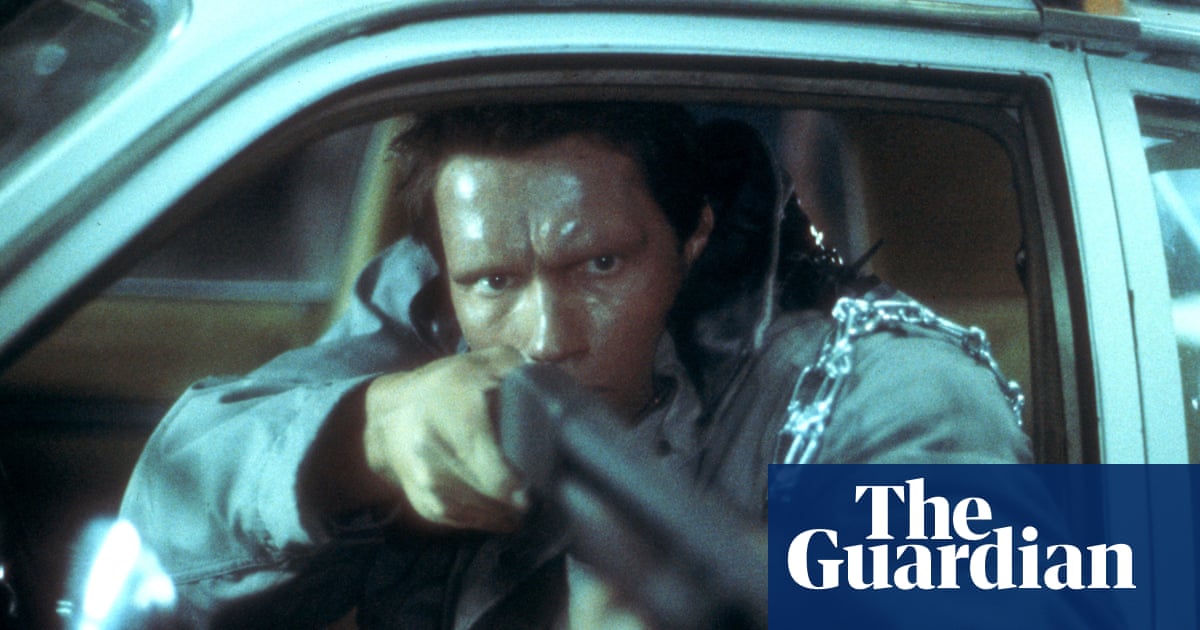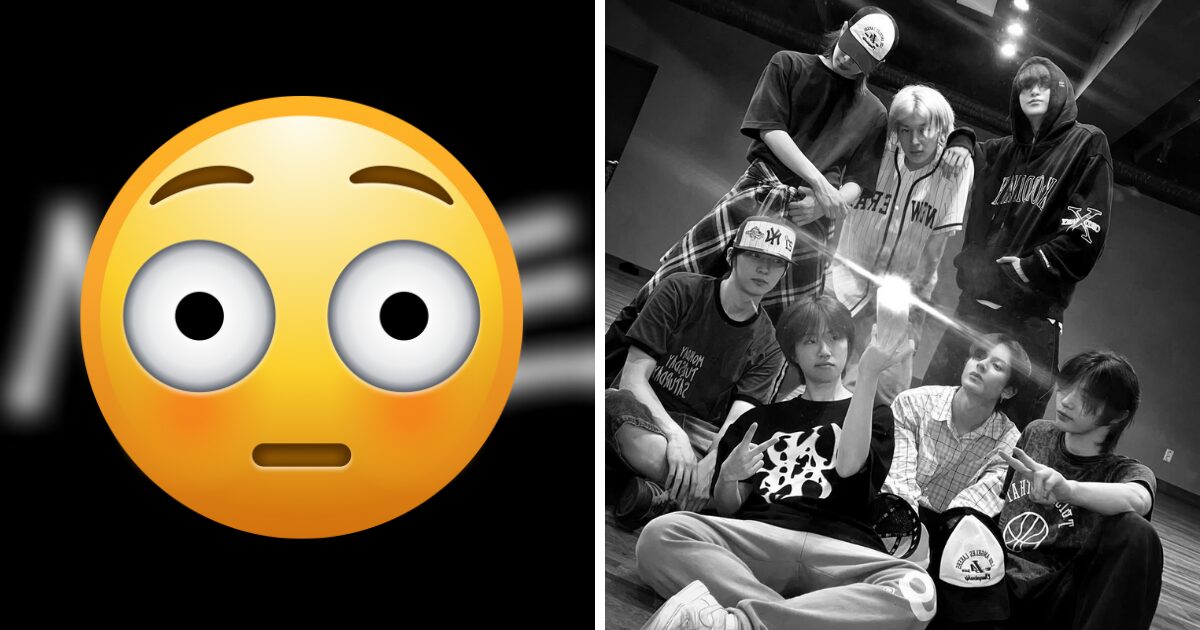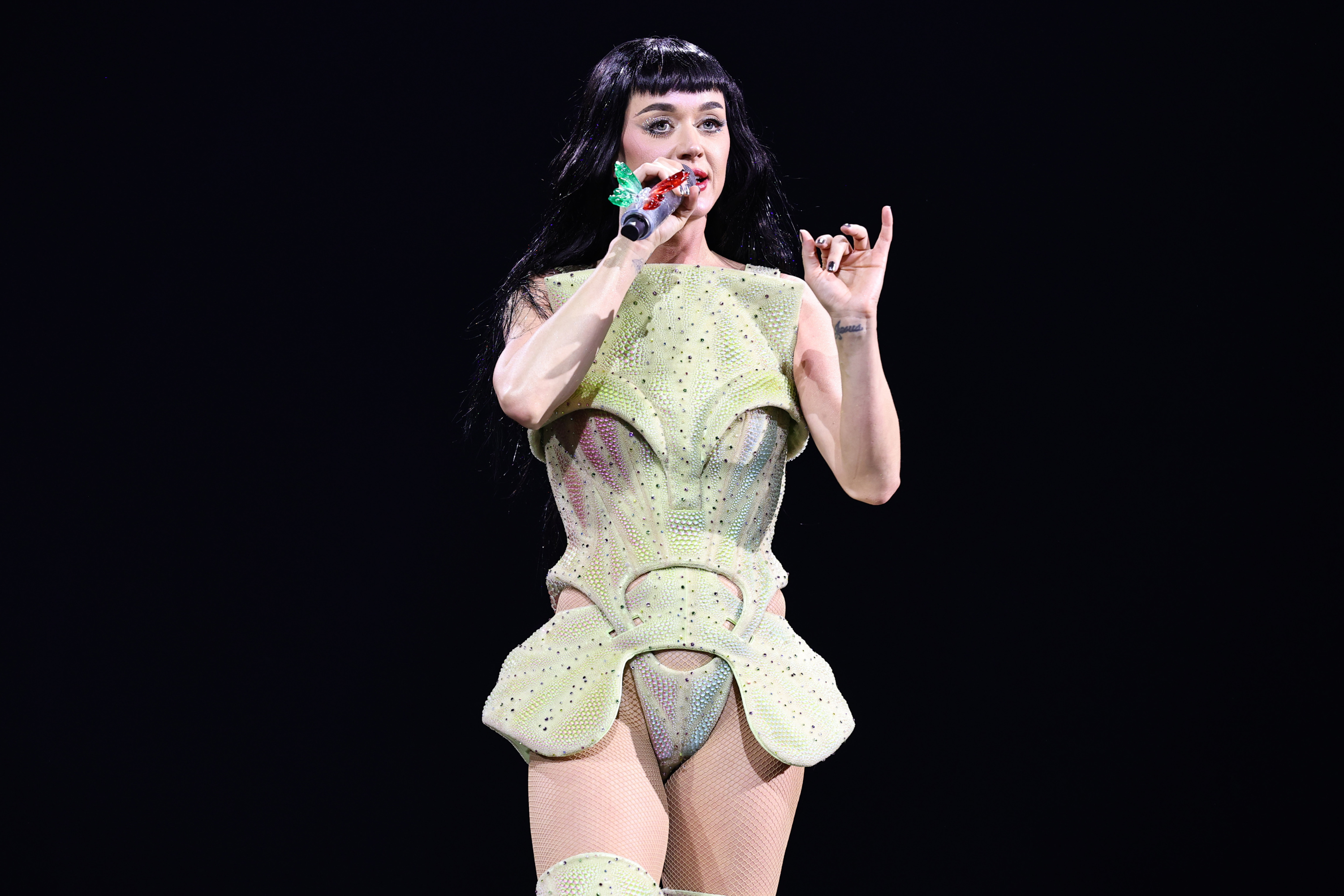James Cameron Sounds the Alarm: Is AI Creating Our Dystopian Future?

What if the very technology we rely on could bring about humanity's downfall? James Cameron, the legendary director behind iconic films like Titanic and Avatar, is sounding the alarm on the potential dangers of artificial intelligence in the context of global warfare. In a recent interview with Rolling Stone, Cameron discussed his upcoming adaptation of Ghosts of Hiroshima, a gripping account of the first atomic bombing, while also expressing his deep concerns about AI's role in future conflicts.
Cameron, whose films have grossed billions and have become cultural milestones, believes that AI, when paired with weapons systems, could lead us down a dark path reminiscent of his famous Terminator franchise. “I do think there’s still a danger of a Terminator-style apocalypse,” he warned. “You put AI together with weapons systems, even up to the level of nuclear weapon systems, nuclear defence counterstrike, all that stuff.”
His concerns are rooted in the rapid pace of modern warfare, where decisions are made in the blink of an eye. “It would take a super-intelligence to be able to process it,” he said, hinting at a future where machines might decide our fate all too quickly. While Cameron acknowledges the potential benefits of AI in the film industry—having even joined the board of directors at Stability AI—he remains wary of its implications in the realm of violence and conflict.
Moreover, Cameron highlighted the precarious balance humanity faces today with three existential threats looming over us: climate change, nuclear arms, and the rise of super-intelligence. “They’re all sort of manifesting and peaking at the same time,” he stated, implying that perhaps super-intelligence could also provide solutions to these crises, though he’s not entirely optimistic.
Interestingly, despite his reliance on AI in filmmaking—hoping it can cut visual effects costs in half—Cameron is skeptical about AI's ability to replace the human touch in storytelling. “I don’t believe that a disembodied mind that’s just regurgitating what other embodied minds have said... will ever move an audience,” he asserted. “You have to be human to write that.”
As we navigate an era increasingly driven by technology, Cameron's warnings resonate louder than ever, pushing us to question how we wield these powerful tools.


























